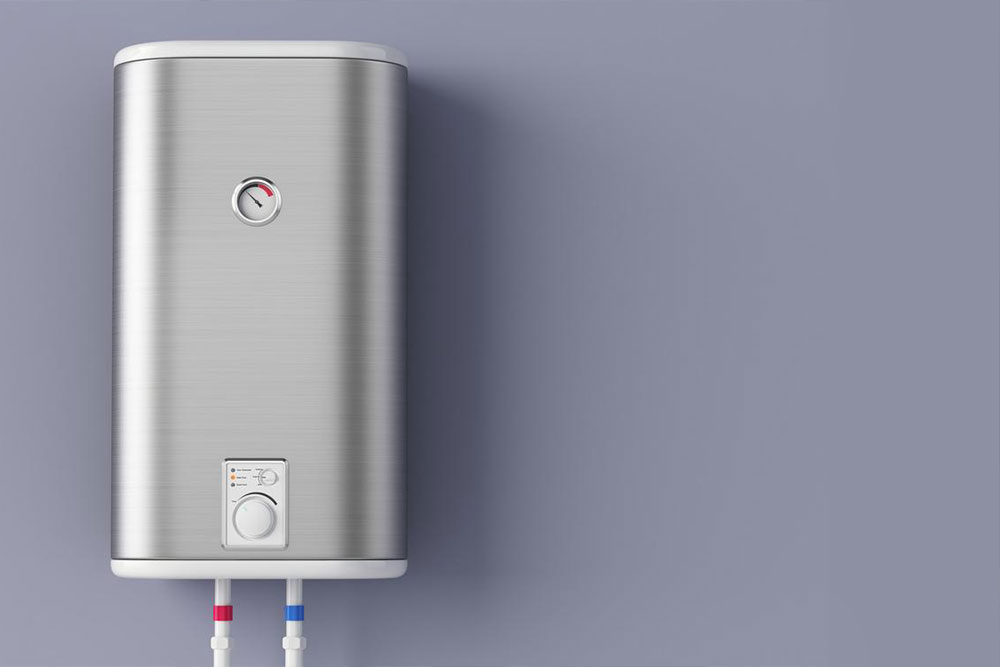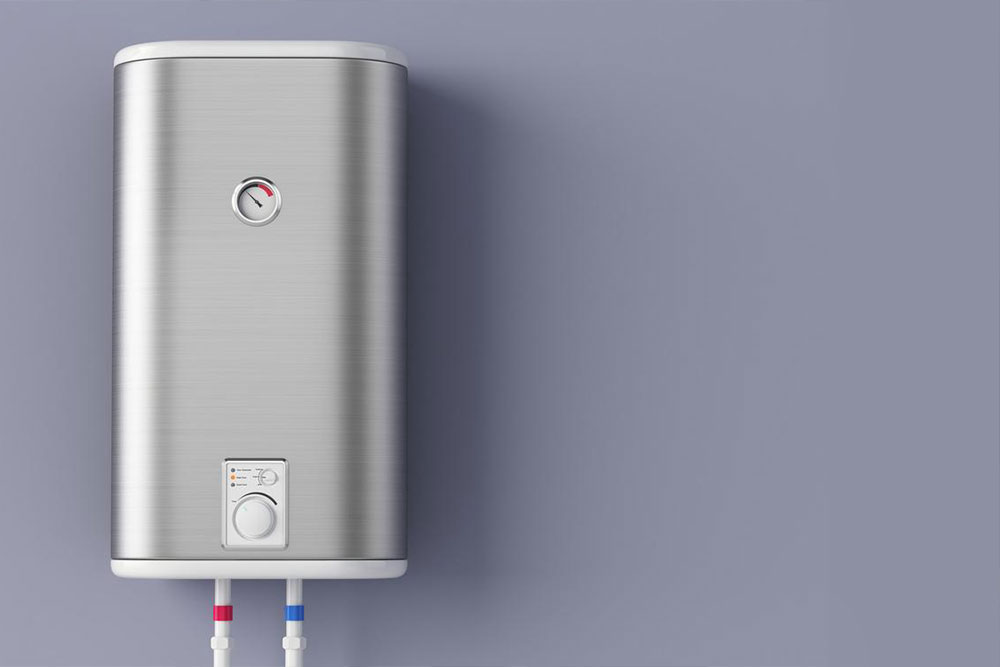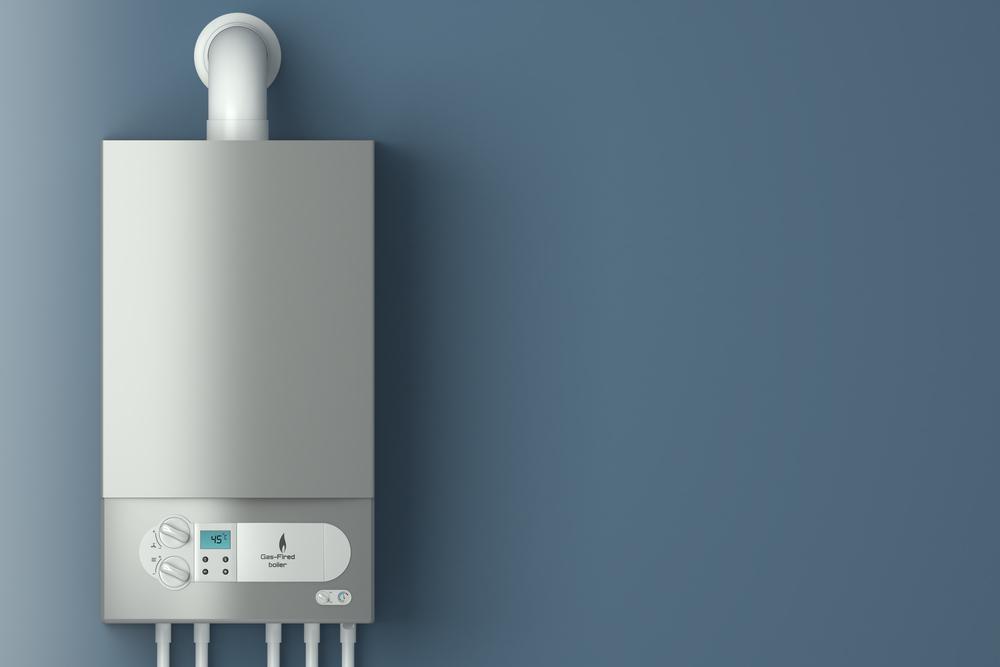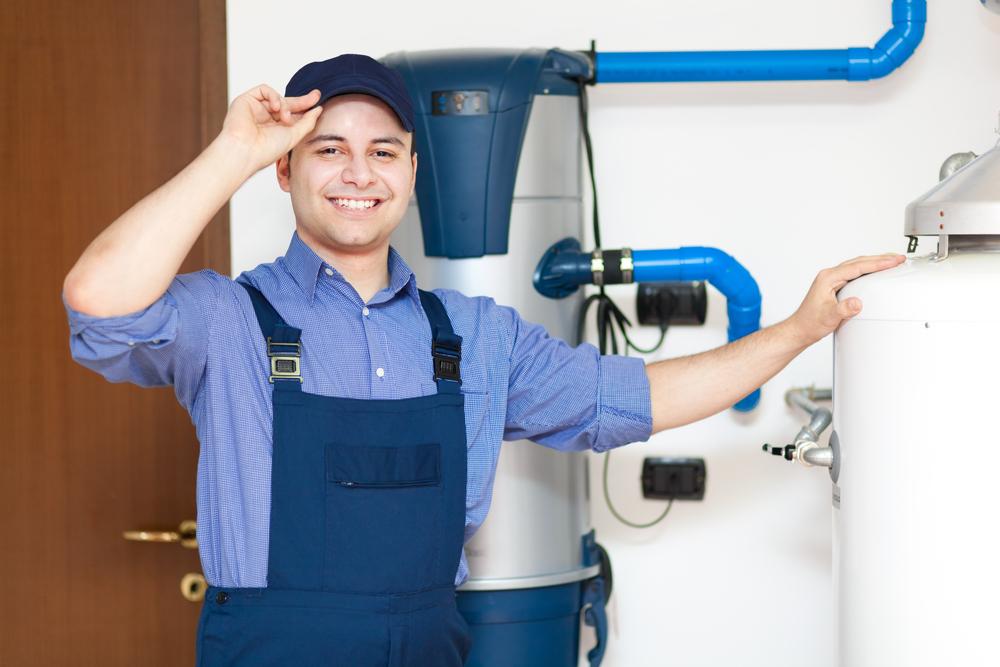Comprehensive Guide to Choosing the Best Hot Water Heaters for Your Home
Discover a comprehensive guide to choosing the ideal hot water heater for your home. Explore traditional tank models, energy-efficient tankless systems, eco-friendly solar options, and innovative heat pump units. Learn about their features, benefits, and how to select the best fit based on your household needs, budget, and sustainability goals. This detailed overview helps homeowners make informed decisions for reliable, cost-effective, and environmentally friendly hot water solutions, ensuring comfort and energy savings for years to come.
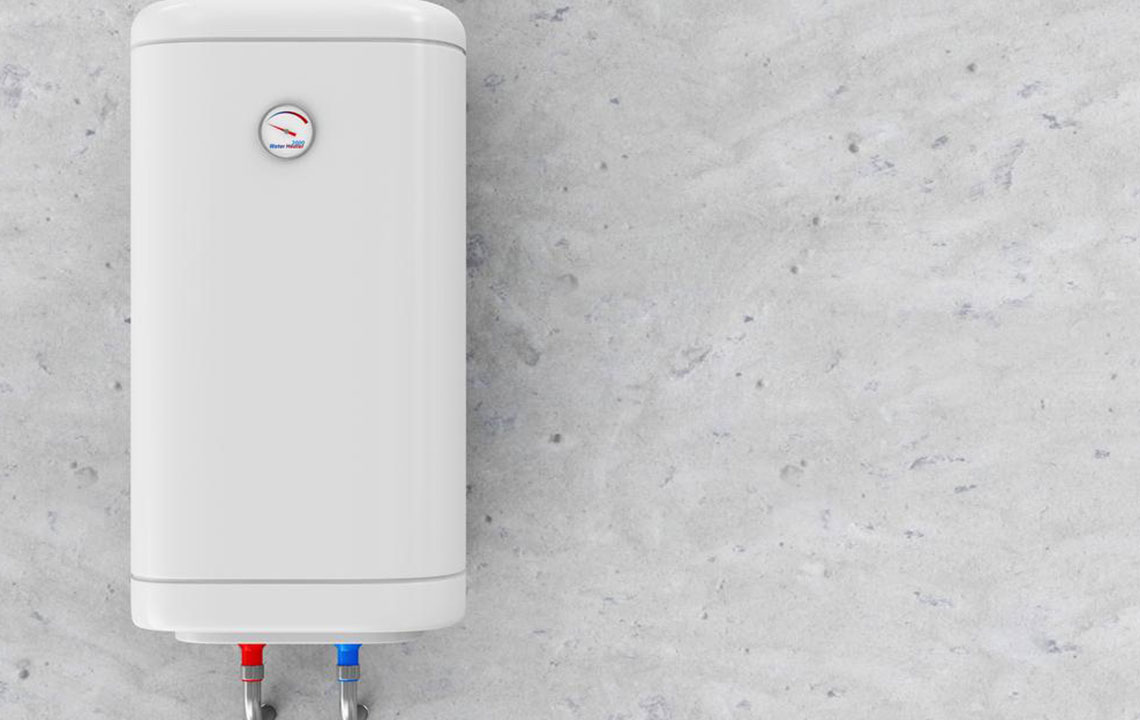
In-Depth Overview of Various Hot Water Heaters for Residential Use
Hot water heaters are indispensable appliances in modern homes, playing a crucial role in daily routines such as bathing, cooking, cleaning, and laundry. Their importance cannot be overstated, as they provide the comfort and convenience that make everyday life more manageable. If you're considering upgrading your current system or installing a new hot water heater, it is essential to understand the different types available, their advantages, limitations, and suitability for your specific household needs. Making an informed decision will not only enhance your daily comfort but also optimize energy efficiency and reduce long-term operational costs.
In this comprehensive guide, we delve into the most popular hot water heater options currently available on the market. Each type has unique features, operational mechanisms, and ideal use cases that cater to different household sizes, energy preferences, and budget constraints. By exploring these options thoroughly, you will be better equipped to choose the most suitable system that aligns with your lifestyle and sustainability goals.
1. Traditional Tank Storage Water Heaters
One of the most common and longstanding choices for residential hot water needs is the tank storage water heater. These models are characterized by their insulated tanks, which typically vary in capacity from 30 to 80 gallons, depending on household size and hot water demand. They operate by continuously heating water stored within the tank, maintaining a ready supply until needed. Modern versions of these heaters come with numerous enhancements, such as better insulation, digital controls, and energy-saving features, making them more efficient and user-friendly than ever before.
The primary advantage of tank storage heaters is their reliability. They are capable of providing a consistent hot water supply regardless of fluctuating demand. This makes them suitable for larger families or homes with high hot water requirements. Moreover, their straightforward design has stood the test of time, ensuring ease of maintenance and repair. However, they do consume energy constantly to keep the stored water hot, which can lead to higher utility bills if not properly insulated or managed.
2. Tankless or Demand-Based Water Heaters
Demand-based or tankless water heaters represent a significant advancement in hot water technology. These units do not store hot water but instead heat water on demand as it flows through the system. When a hot water tap is turned on, cold water is diverted into the heater, where it is rapidly heated by electric elements or gas burners. Once the tap is turned off, the unit ceases heating, eliminating standby heat loss typical of storage tanks.
Furthermore, tankless heaters are highly energy-efficient because you only use energy when hot water is needed. They tend to have longer operational lifespans—often exceeding 20 years—thanks to their reduced wear and tear. Besides, they offer advantages such as space-saving design and the ability to install multiple units to supply hot water to different parts of a large home simultaneously.
On the downside, these systems can have a higher initial purchase and installation cost. Also, the capacity of a single unit might be limited, potentially requiring multiple units for larger households. Nonetheless, their energy savings and longevity make them a popular choice for environmentally conscious homeowners aiming to lower utility bills and carbon footprint.
3. Electric Heat Pump Water Heaters
Electric heat pump water heaters utilize ambient air to heat water, making them one of the most energy-efficient options available. These devices work by capturing heat from the surrounding environment and transferring it to the water in their storage tank or directly heating water on demand in some models. They are especially effective in temperate climates or well-insulated homes where the ambient temperature remains relatively stable.
This technology can cut energy consumption by up to two-thirds compared to conventional electric resistance heaters. While these units may require a larger installation space and benefit from proper air circulation for optimal performance, they provide significant long-term savings on electricity costs. Regular maintenance, such as cleaning air filters and ensuring unobstructed airflow, is vital for maintaining efficiency.
Heat pump water heaters are ideal for eco-conscious households looking to reduce their environmental impact while enjoying reliable hot water supply. They may have a higher upfront cost but typically qualify for government incentives or rebates, offsetting the initial investment.
4. Solar Water Heaters
Harnessing renewable energy sources, solar water heaters represent a sustainable and eco-friendly alternative for heating water. These systems use collectors—typically mounted on rooftops—to capture sunlight and convert it into heat. The captured heat is then transferred to a water storage tank through a circulating fluid or direct sunlight exposure, providing hot water even during cloudy days with the help of backup systems.
Solar water heaters significantly reduce utility bills and carbon emissions, making them an excellent choice for environmentally conscious homeowners. They are particularly effective in sunny regions and can be integrated with existing heating systems for year-round performance. Their installation cost can be higher initially, but the long-term savings and ecological benefits often outweigh the investment.
Proper system sizing and placement, along with regular maintenance, are essential for optimal performance. Investing in solar water heating demonstrates a commitment to sustainability and can enhance property value through eco-friendly features.
Ultimately, selecting the right hot water heater involves careful consideration of factors such as household size, energy preferences, budget constraints, available space, and environmental impact. Conducting a thorough evaluation of each option's advantages and limitations will ensure that you choose a system that offers maximum efficiency, reliability, and cost savings in the long run. Consulting with a professional installer can further help tailor the right solution for your specific needs, ensuring a warm, comfortable, and energy-efficient home for years to come.

